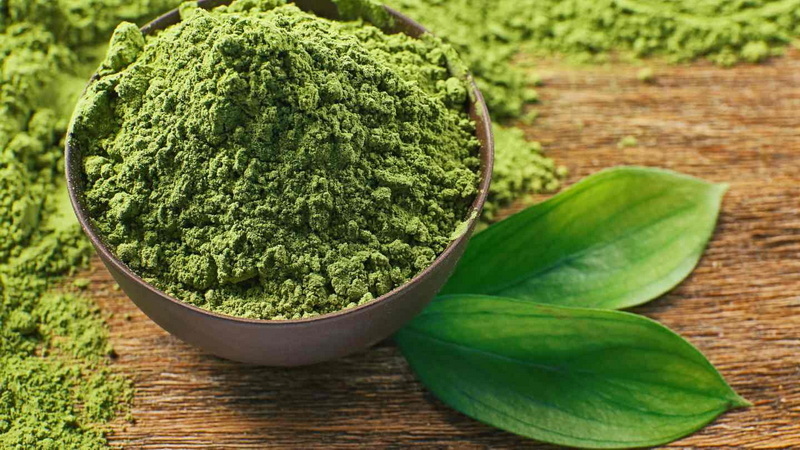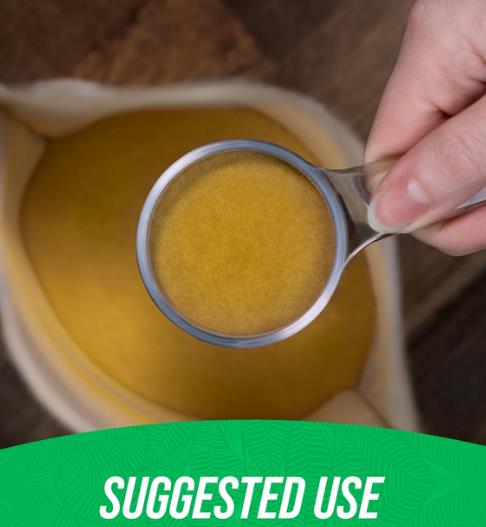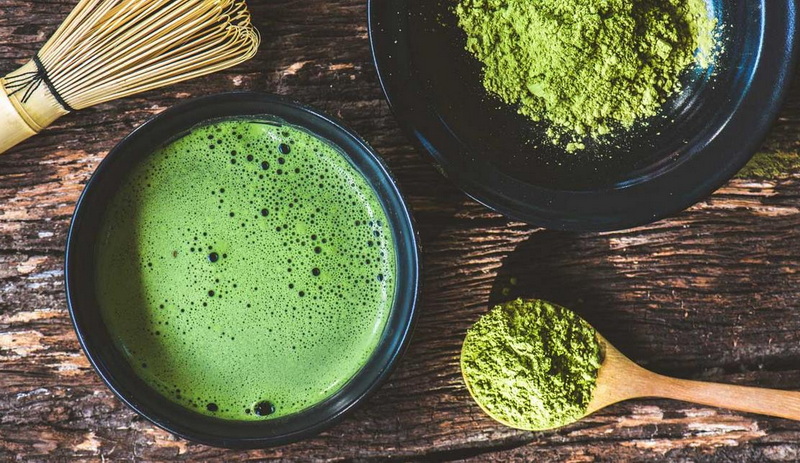Content Menu
● Understanding Green Tea Extract Powder
>> What is Green Tea Extract?
>> Nutritional Profile
● Health Benefits of Green Tea Extract Powder
● How to Consume Green Tea Extract Powder
>> Mixing with Beverages
>> Cooking and Baking
>> Capsules and Tablets
● Recommended Dosage
>> Timing Your Intake
● Potential Side Effects
● Tips for Choosing Quality Green Tea Extract Powder
>> Purity
>> Source
>> Third-party Testing
● Conclusion
● FAQ
>> 1. Can I take green tea extract on an empty stomach?
>> 2. How much green tea extract should I consume daily?
>> 3. Are there any side effects associated with green tea extract?
>> 4. Can I mix green tea extract with hot water?
>> 5. Is there a difference between liquid and powdered forms?
● Citations:
Green tea extract powder is a concentrated form of green tea that offers numerous health benefits due to its high content of antioxidants, particularly catechins like epigallocatechin gallate (EGCG). This article will guide you through various aspects of consuming green tea extract powder, including its benefits, methods of consumption, dosage recommendations, and potential side effects.

Understanding Green Tea Extract Powder
Green tea extract is derived from the leaves of the Camellia sinensis plant and is known for its rich antioxidant properties. Unlike regular green tea, which is steeped in water, the extract powder provides a more concentrated source of beneficial compounds.
What is Green Tea Extract?
Green tea extract is made by steaming and drying green tea leaves, then grinding them into a fine powder. This process preserves the active ingredients that contribute to its health benefits. The most notable of these are catechins, which are powerful antioxidants that can help reduce inflammation and prevent chronic diseases.
Nutritional Profile
Green tea extract powder is low in calories and contains no fat or cholesterol. It is rich in:
- Polyphenols: These compounds have anti-inflammatory and antioxidant effects.
- Caffeine: Although less than coffee, it can provide a mild energy boost.
- Vitamins and Minerals: Includes vitamin C, vitamin K, manganese, and potassium.
Health Benefits of Green Tea Extract Powder
Consuming green tea extract powder can offer several health benefits:
- Antioxidant Properties: The catechins in green tea extract help combat oxidative stress, reducing cell damage caused by free radicals.
- Weight Management: Studies suggest that green tea extract can aid in weight loss by enhancing fat oxidation and improving metabolic rate. A 2010 study published in the American Journal of Clinical Nutrition found that participants who consumed green tea extract experienced greater fat loss compared to those who did not.
- Heart Health: Regular consumption may lower blood pressure and improve cholesterol levels, contributing to better heart health. Research indicates that green tea drinkers have a lower risk of heart disease.
- Blood Sugar Regulation: Green tea extract has been shown to improve insulin sensitivity and lower blood sugar levels. This makes it a valuable supplement for those managing diabetes or looking to prevent it.
- Skin Health: The anti-inflammatory properties can help improve skin conditions and reduce signs of aging. Topical applications of green tea extract have been shown to reduce acne and improve skin elasticity.

How to Consume Green Tea Extract Powder
There are several effective methods to incorporate green tea extract powder into your diet:
Mixing with Beverages
One of the simplest ways to consume green tea extract powder is by mixing it into beverages:
- Smoothies: Add a teaspoon of green tea extract powder to your favorite smoothie for an antioxidant boost.
Ingredients:
- 1 banana
- 1 cup spinach
- 1 cup almond milk
- 1 tsp green tea extract powder
Instructions:
1. Blend all ingredients until smooth.
- Juices: Stir the powder into fresh fruit or vegetable juices for added nutrition.
- Tea: You can dissolve the powder in hot water to make a concentrated green tea drink.
Cooking and Baking
You can also use green tea extract powder in cooking:
- Baked Goods: Incorporate it into muffins, pancakes, or energy bars for an extra health boost.
- Soups and Sauces: Add a small amount to soups or sauces for an extra health kick.
- Rice and Grains: Mix it into rice or quinoa dishes for added flavor and nutrients.
Capsules and Tablets
If you prefer not to taste the powder, consider taking it in capsule or tablet form. This method ensures accurate dosing without the need for preparation.
Recommended Dosage
The recommended dosage for green tea extract powder typically ranges from 250 mg to 500 mg per day. It's best to take it with food to enhance absorption and minimize potential side effects such as stomach upset.
Timing Your Intake
To maximize the benefits, consider taking green tea extract at specific times:
- Before Workouts: Taking it before exercise may enhance fat oxidation.
- With Meals: Consuming it with meals can help regulate blood sugar levels post-meal.
Potential Side Effects
While green tea extract is generally safe for most people, excessive consumption can lead to side effects such as:
- Liver Toxicity: High doses may lead to liver damage; it's crucial to stick within recommended limits.
- Stomach Upset or Nausea: Taking it on an empty stomach may cause gastrointestinal discomfort.
- Interactions with Medications: It may interact with certain medications, especially blood thinners and medications for diabetes. Always consult with a healthcare provider before starting any new supplement regimen.
Tips for Choosing Quality Green Tea Extract Powder
When selecting a green tea extract powder, consider the following factors:
Purity
Look for products that are free from fillers or additives. A pure product will have higher concentrations of beneficial compounds.
Source
Choose brands that source their green tea from reputable regions known for quality production, such as Japan or China.
Third-party Testing
Opt for products that have been tested by third-party organizations for quality assurance.
Conclusion
Incorporating green tea extract powder into your diet can provide significant health benefits, including improved heart health, weight management, and enhanced skin appearance. By understanding how to consume it effectively and adhering to recommended dosages, you can maximize its positive effects while minimizing potential risks.

FAQ
1. Can I take green tea extract on an empty stomach?
No, it is recommended to take it with food to avoid stomach upset.
2. How much green tea extract should I consume daily?
The typical dosage ranges from 250 mg to 500 mg per day.
3. Are there any side effects associated with green tea extract?
Yes, excessive intake can lead to liver toxicity or gastrointestinal issues.
4. Can I mix green tea extract with hot water?
Yes, but be cautious as high temperatures may degrade some beneficial compounds.
5. Is there a difference between liquid and powdered forms?
Both forms provide similar benefits; however, the powdered form is more concentrated.
Citations:
[1] https://www.healthline.com/nutrition/10-benefits-of-green-tea-extract
[2] https://www.newdirectionsaromatics.com/blog/all-about-green-tea-extract/
[3] https://www.mdpi.com/2297-8739/10/2/121
[4] https://www.biotechrep.ir/article_117851_c2fa5c7e92fb997d0e12429461cc6193.pdf
[5] https://www.elo.health/articles/green-tea-extract-supplements/
[6] https://www.tiprpress.com/ywpjyj/article/pdf/20211226?file_name=B3147901C258E4906B492BA210E8E029D066D7E3AD76D56B0BFA74F1B4E7AC3BE05483707C8968B3D90F3BF39AA09C180EBB849988D3D50E2F7373E32FD3F2CB&open_type=self
[7] https://www.researchgate.net/publication/274349213_Extraction_of_Green_Tea_Leaves_The_use_of_Different_Methods_their_Optimization_and_Comparative_Evaluation
[8] https://health.clevelandclinic.org/green-tea-extract-a-better-way-to-boost-energy-or-not
[9] https://onlinelibrary.wiley.com/doi/10.1155/2021/7170736






























